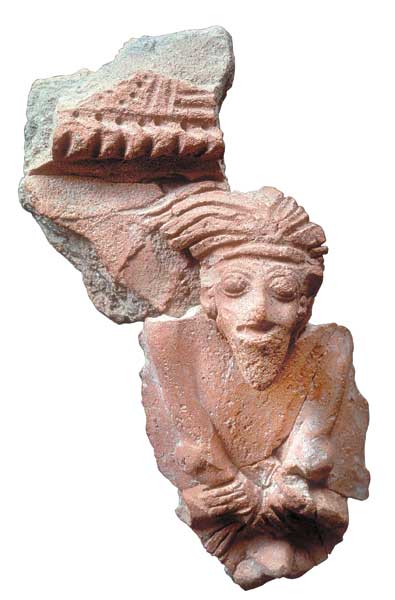
Ever wonder who the Jebusites were? According to the Bible, Jerusalem was a Jebusite city until King David conquered it in 1000 B.C.E. or shortly thereafter (2 Samuel 5:6–9).
Jebusites are mentioned 35 times in the Bible—in Genesis, Exodus, Numbers, Deuteronomy, Joshua, Judges, Samuel, Kings, Zechariah, Ezra, Nehemiah and Chronicles. Despite the frequency with which the Jebusites are recorded in the Bible, no other reference to this people had ever been found in the vast historical records from the ancient Near East—until now.
According to the distinguished Semitic linguist Edward Lipinski of the Catholic University of Leuven, Belgium, the Jebusites were a tribe of Amorites.1
Lipinski suggests that he has solved the riddle of the Jebusites in pre-Davidic Jerusalem with a cuneiform letter from the archive at Mari in Mesopotamia. The letter refers to an Amorite ethnic group known as the Yabusi’um. This, Lipinski says, implies the existence of a tribe or clan of Yabusi, or Jebusites. (The Semitic letter Y becomes a J in Germanic languages such as English.) However, the clan of Jebusites in the Mari letter may not be the same as the clan of Jebusites living in pre-Davidic Jerusalem. More than one clan or tribe could have had the same name, Lipinski cautions.
We are left with the question of who the Jebusites were—a complicated question indeed, which we will leave for another occasion—but if Lipinski is right, he may have discovered the first extra-Biblical reference to this clan of Amorites.
MLA Citation
Endnotes
1.
Edward Lipinski, Itineraria Phoenicia, Orientalia Lovaniensia Analecta 127 (Leuven: Peeters, 2004), p. 502.

